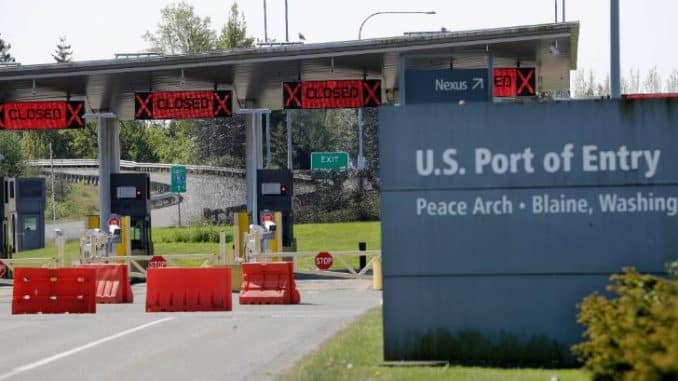
According to a recent article published by Insider Travel Report, The US Secretary of Homeland Security (DHS) Alejandro Mayorkas announced that, following guidance from the Centers for Disease Control and Prevention and other public health experts, DHS will amend Title 19 regulations to allow non-essential travelers who have been fully vaccinated for COVID-19 and have appropriate documentation to enter the United States via land and ferry ports of entry across the U.S. border with Canada and Mexico.
“In alignment with the new international air travel system that will be implemented in November, we will begin allowing travelers from Mexico and Canada who are fully vaccinated for COVID-19 to enter the United States for non-essential purposes, including to visit friends and family or for tourism, via land and ferry border crossings,” said Secretary Mayorkas. “Cross-border travel creates significant economic activity in our border communities and benefits our broader economy. We are pleased to be taking steps to resume regular travel in a safe and sustainable manner.”
The modifications to the Title 19 regulations will occur in two phases over the next few months. First, in November, U.S. Customs and Border Protection (CBP) will begin allowing fully vaccinated travelers from Mexico or Canada to enter the U.S. at land and ferry POEs for non-essential reasons. Travelers will be required to have appropriate paperwork that provides proof of vaccination. Individuals who have not been fully vaccinated for COVID-19 will not be allowed to travel for non-essential purposes from Canada and Mexico into the United States via land and ferry POEs.
Second, beginning in early January 2022, DHS will require that all inbound foreign national travelers crossing U.S. land or ferry ports of entry—whether for essential or non-essential reasons—be fully vaccinated for COVID-19 and provide related proof of vaccination. This approach will provide ample time for essential travelers such as truckers, students, and healthcare workers to get vaccinated.
DHS said this new travel system will create consistent, stringent protocols for all foreign nationals traveling to the United States—whether by air, land, or ferry—and accounts for the wide availability of COVID-19 vaccinations.
“U.S. Travel has long urged a reopening of the U.S. land borders, and we applaud the Biden administration’s plan to ease entry restrictions for vaccinated visitors,” said Roger Dow, president and CEO of the U.S. Travel Association. “This action will bring a welcome surge in travel from our two top source markets of inbound travel.
Dow said declines in international visitation since the start of the pandemic have resulted in more than $250 billion in lost export income and more than a million U.S. jobs. The closed Canadian and Mexican land borders alone costs the U.S. economy nearly $700 million per month. “The full reopening of international travel to the United States to fully vaccinated individuals is overdue and will provide a jolt to the U.S. economy, travel businesses large and small, and to destinations across America,” Dow said.
National Governors Association (NGA) also welcomed the announcement from the Department of Homeland Security (DHS) on the opening of U.S. borders for vaccinated individuals. This summer, several governors expressed concern to the Biden administration on the continued impact of border travel restrictions on their constituents, many of whom are owners and employees of small family businesses desperate to resume operations.
NGA said yesterday’s announcement is welcome news and a critical step in easing the economic impact on communities due to COVID-19. NGA said it stands ready to work with the administration to ensure the continued safety and health of citizens while increasing the economic activities that come with travel and trade. Should future changes be warranted, the governors call on the administration to work with states and territories to ensure that policy guidance takes into account the local impacts on communities.
For more information, visit www.dhs.gov.